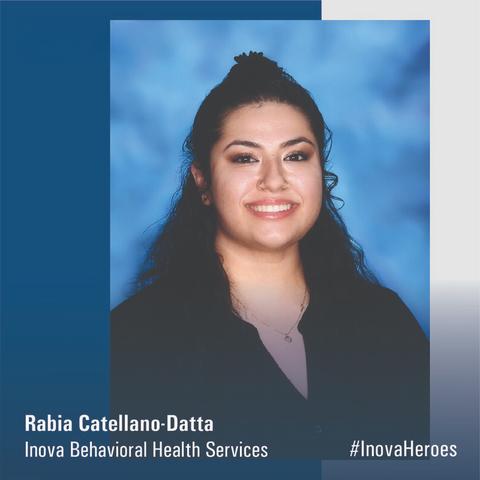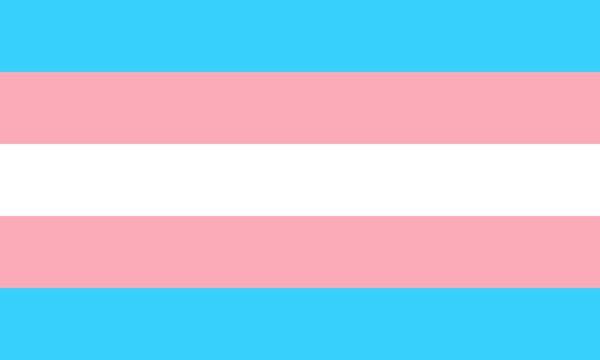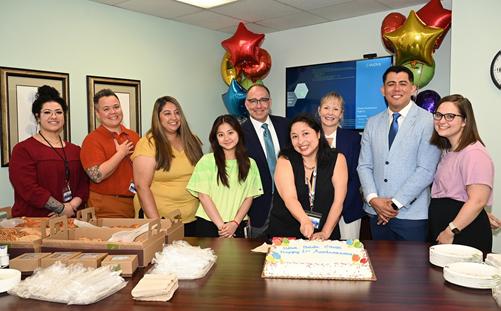2023 DONOR IMPACT REPORT






MAY 1, 2022 - JUNE 6, 2023
2,755 PatientEncounters
685 UniquePatients
144 PatientsSeen forBehavioral HealthNeeds

The Inova Pride Clinic team observes, listens and learns what matters most to their patients. This multi-specialty team cared for nearly 700 patients this past year, many of whom reported being depressed, socially isolated or under stress.
In addition to much needed medical services, this team helps our patients in other ways by:
1,904 Physician Visits
688 Therapy Appointments
163 Ancillary Health Services
Developing support networks and coping skills
Giving patients a sense of empowerment
Helping patients live as their most affirmed selves
"Every member of our healthcare team is committed to creating a safe, non-judgmental and affirming place for our LGBTQ+ neighbors. Donor support for our clinic allows us to provide truly world-class health care tailored to each patient's individual and unique circumstances."
JORGE RAMALLO, MD MEDICAL DIRECTOR INOVA PRIDE CLINIC
*Unspecified or another gender identity
51% LIVE IN FAIRFAX COUNTY

47% LIVE IN THE DMV REGION, OUTSIDE FAIRFAX COUNTY
2% FROM VIRGINIA, OUTSIDE THE DMV
Your philanthropic support allows us to meet the growing need for critical compassionate care for our community.
Rabia provides individual and family therapy to our Pride Clinic patients thanks to the generous support from the Northrop Grumman Foundation. Prior to this role, Rabia was the program manager at Inova’s Behavioral Health Central Access Program and an emergency room psychiatric social worker. During her graduate studies, she was an assistant at the LGBTQ+ Resource Center at George Mason University.

Sofia (pseudonym), a 62-year old trans woman came to the clinic following multiple medical complications, including heart attacks and strokes brought on by extremely high and dangerous doses of estrogen that were not managed by a clinician. She had experienced severe medical neglect and trauma due to discrimination as a trans woman. Sofia had not received adequate care for more than ten years.


Now with team care at the Pride Clinic, she has slowly regained trust in the healthcare system and is taking better care of her health. She has reduced her smoking, completed medical appointments and behavioral therapy sessions, and is decreasing her estrogen; changes that are the result of customized, coordinated care planning. Her care team has also referred her to additional social support programs in her community.

The Pride Clinic team works with many patients like Sofia to reduce the risk of disease and premature death by supporting them to make safer choices while remaining nonjudgmental and affirming. Sofia's story is one of many that are a testament to the need for medical homes like ours that provide safe and patient-centered coordinated care for our LGBTQ+ neighbors.




